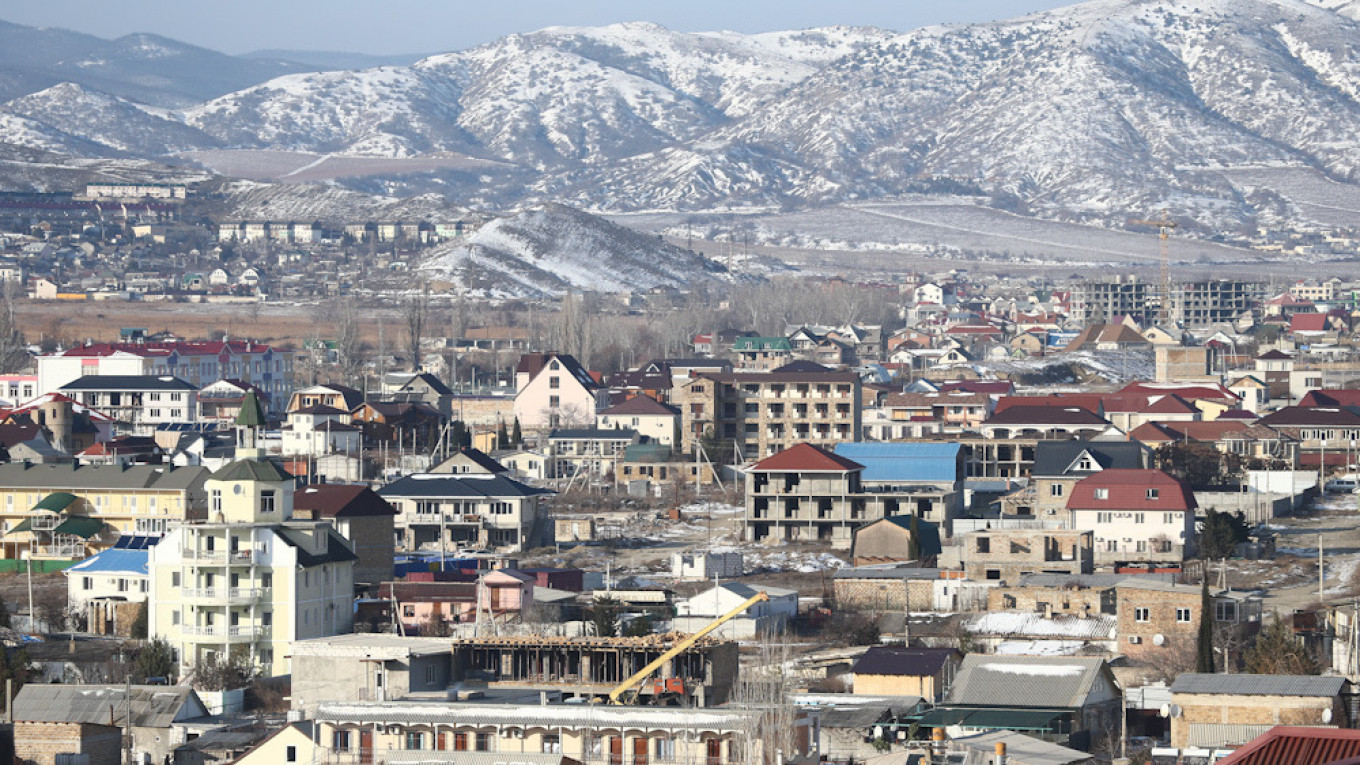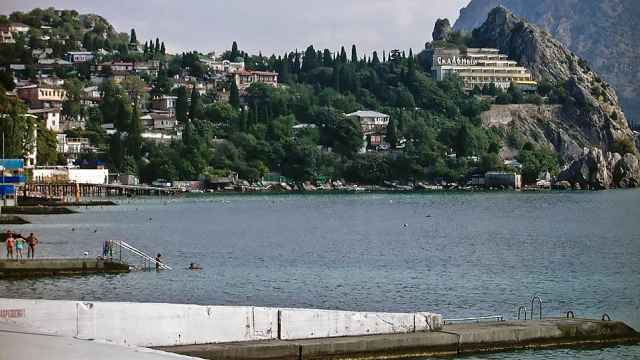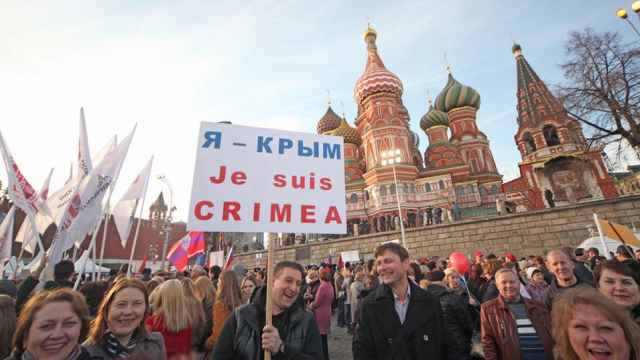Russian companies that invest in Crimea could be granted anonymity under new government proposals designed to protect investors from falling under Western sanctions and stimulate corporate activity on the peninsula.
Russia annexed Crimea in 2014, triggering strict rounds of sanctions from the U.S. and EU which effectively bans firms from operating or investing there. Any Russian company active in Crimea faces being cut-off from the entire Western corporate and financial system, meaning most — including state-owned businesses — have stayed clear.
The new bill, obtained by the RBC news site, would allow investors from other parts of Russia to forgo the usual corporate transparency and reporting requirements, keeping their names and details out of publicly available land and business registries — a degree of protection, it hopes, from the prospect of falling under Western sanctions for engaging in Crimea.
Crimea has suffered from underinvestment and, according to official government assessments, requires huge infrastructure outlays to boost its competitiveness. While Russia has taken sweeping steps to protect the rest of its economy from sanctions — creating a domestic alternative to the SWIFT international payments system and launching its own “Mir” bank cards to rival Visa and Mastercard — it has struggled to alleviate the ban on Crimean business activity.
“Taking into account the geopolitical position of Crimea and Sevastopol,” an explanatory note to the bill states, the proposals would “accelerate their socio-economic development and create an attractive investment climate.”
But some business experts raised concerns to RBC that the proposals could lead to further corruption, citing a worrying combination of anonymity guarantees and existing support for the peninsula such as low taxes and the ability to secure land rental contracts without a public tender.
A Message from The Moscow Times:
Dear readers,
We are facing unprecedented challenges. Russia's Prosecutor General's Office has designated The Moscow Times as an "undesirable" organization, criminalizing our work and putting our staff at risk of prosecution. This follows our earlier unjust labeling as a "foreign agent."
These actions are direct attempts to silence independent journalism in Russia. The authorities claim our work "discredits the decisions of the Russian leadership." We see things differently: we strive to provide accurate, unbiased reporting on Russia.
We, the journalists of The Moscow Times, refuse to be silenced. But to continue our work, we need your help.
Your support, no matter how small, makes a world of difference. If you can, please support us monthly starting from just $2. It's quick to set up, and every contribution makes a significant impact.
By supporting The Moscow Times, you're defending open, independent journalism in the face of repression. Thank you for standing with us.
Remind me later.






